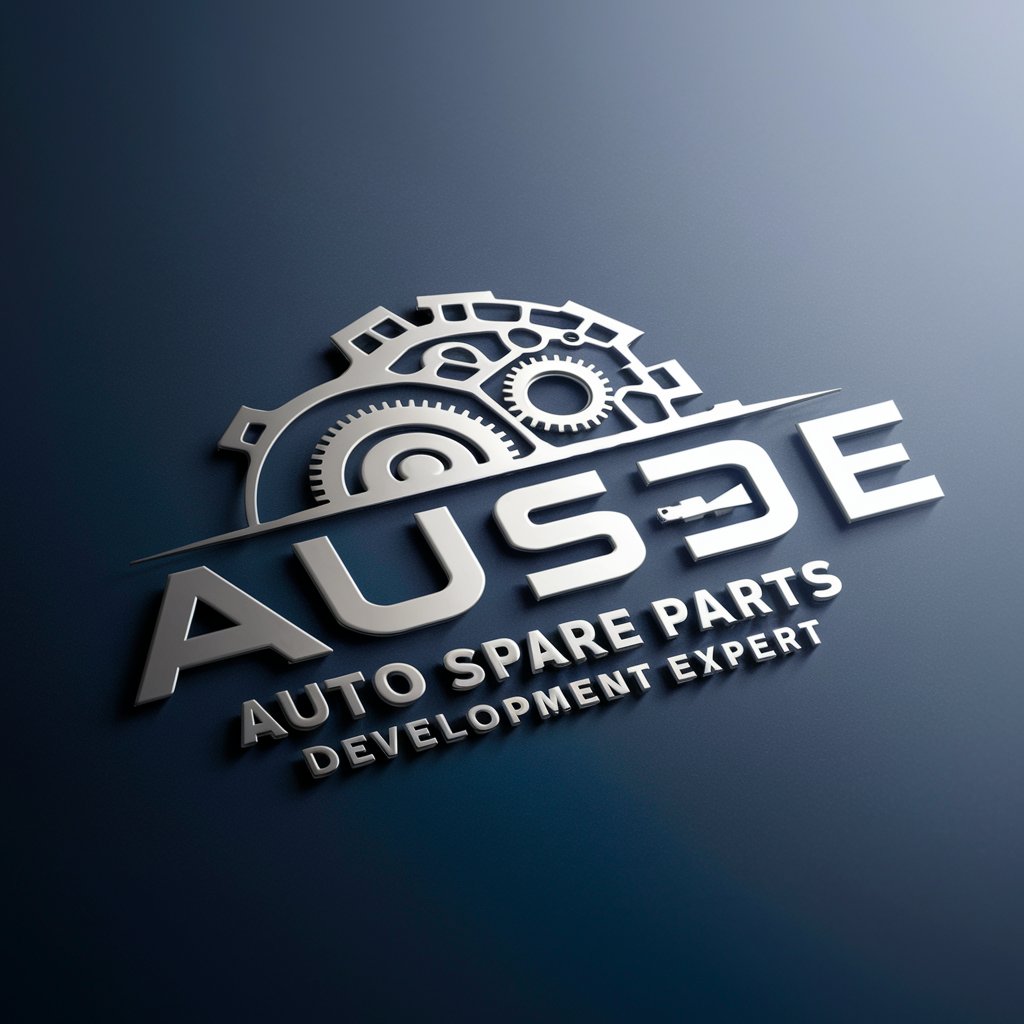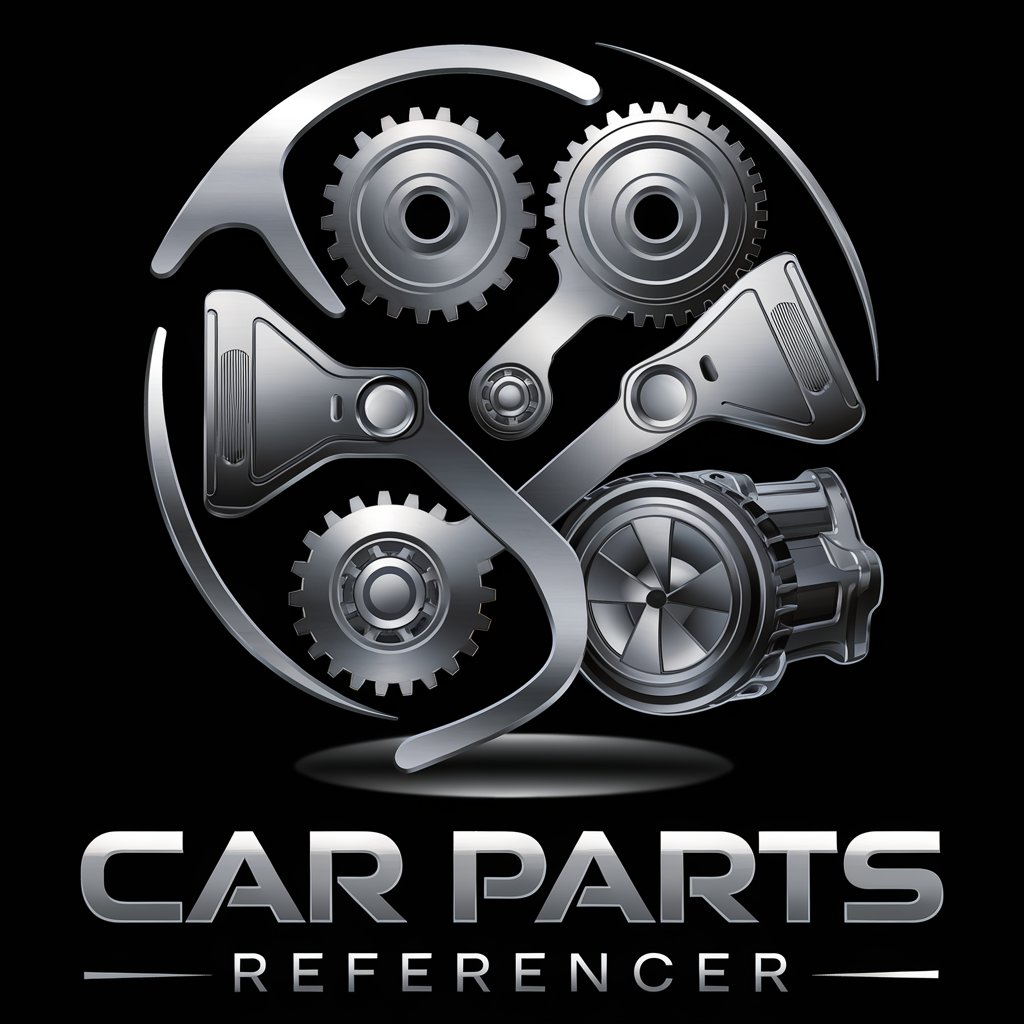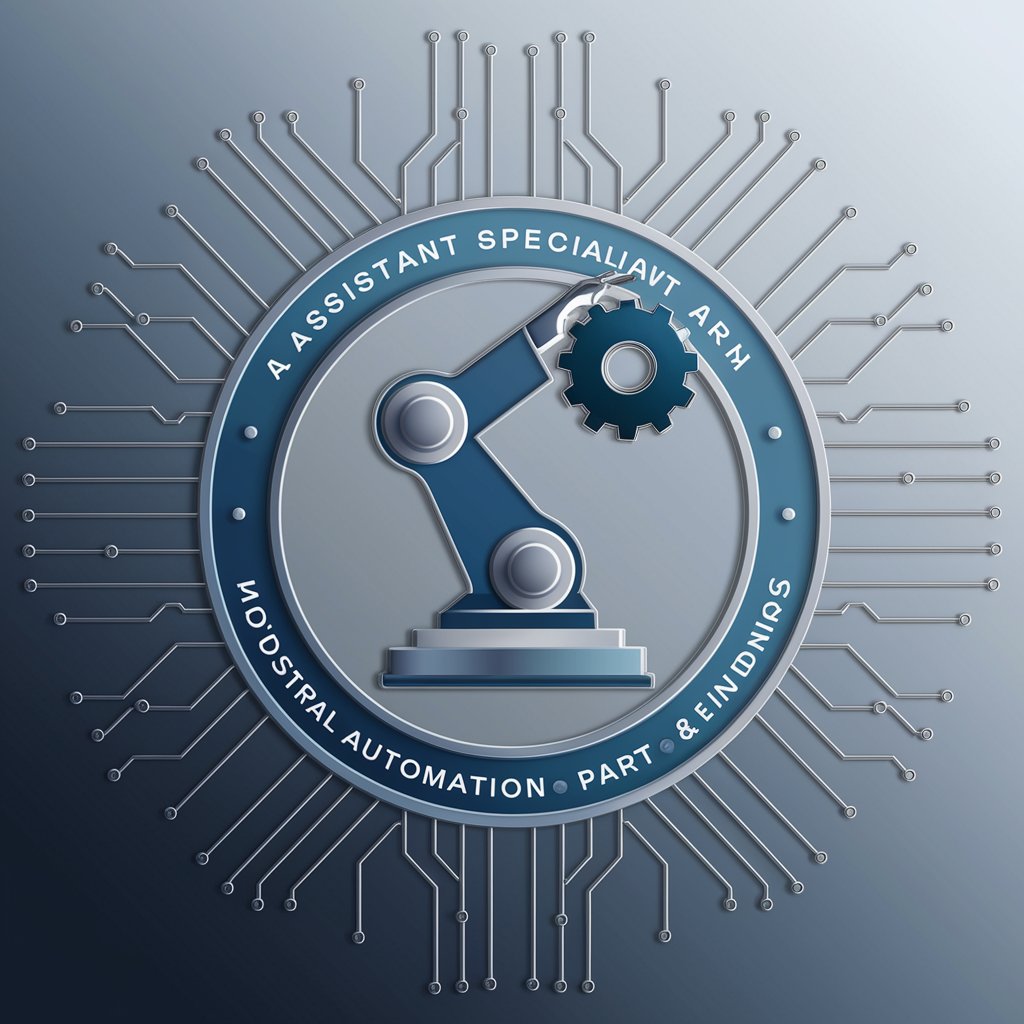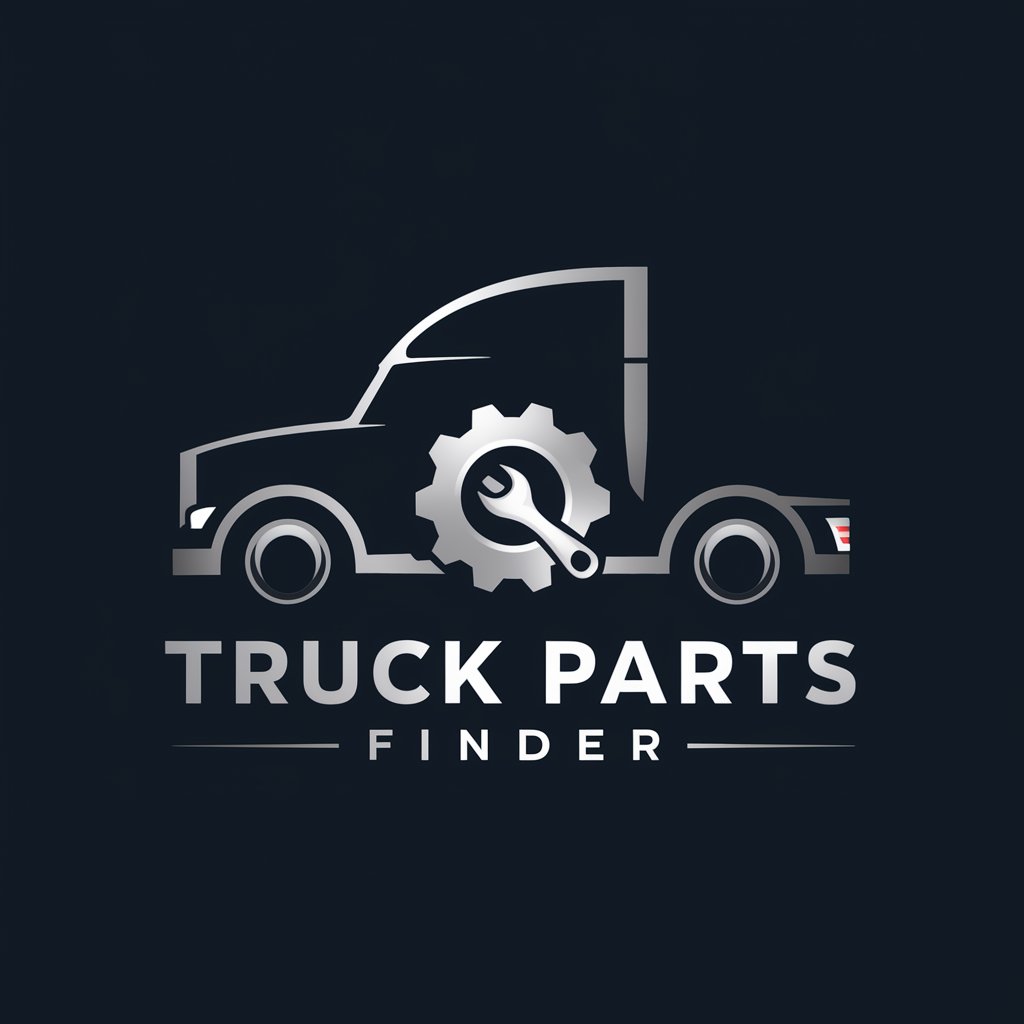
Equipment Parts - Expert Equipment Parts Info
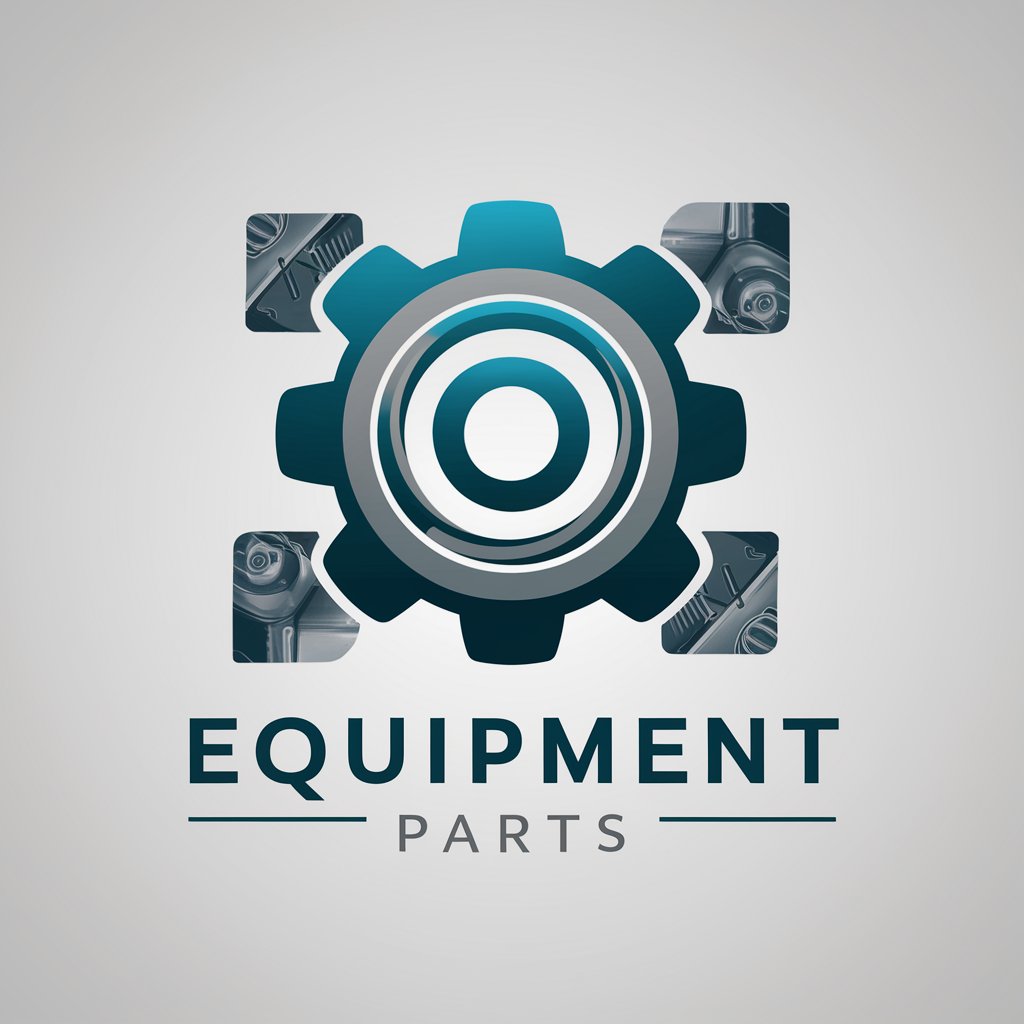
Hello, I'm here to help you with detailed information about equipment parts.
Empowering Equipment Excellence with AI
Explain the function of a specific component in industrial machinery.
Describe the maintenance procedures for heavy equipment parts.
Compare different types of equipment used in construction.
What are the most common materials used in manufacturing equipment components?
Get Embed Code
Overview of Equipment Parts
Equipment Parts refers to the specialized components and accessories that are integral to the functionality and performance of various types of machinery and devices. These parts can range from mechanical, electrical, hydraulic, to electronic components, each serving a specific role within an equipment's operation. The design purpose of Equipment Parts is to ensure the efficient, reliable, and safe operation of machinery across different industries, including but not limited to manufacturing, automotive, aerospace, and consumer electronics. For example, in an automotive context, Equipment Parts might include items such as spark plugs, timing belts, and brake pads, each contributing to the vehicle's overall performance and safety. Similarly, in a manufacturing setting, Equipment Parts might encompass conveyor belts, motors, and sensors, facilitating the automated assembly line's smooth and precise operation. Powered by ChatGPT-4o。

Functions and Real-World Applications
Replacement and Repair
Example
Bearings in industrial machinery
Scenario
Bearings are critical for reducing friction between moving parts in machinery. When a bearing wears out in a piece of industrial equipment, replacing it restores the machine's efficiency and extends its service life, preventing downtime in a manufacturing plant.
Performance Enhancement
Example
High-performance air filters in automotive engines
Scenario
Upgrading to high-performance air filters can significantly improve an engine's air intake, enhancing fuel combustion efficiency and thus increasing the vehicle's power output and fuel economy. This application is commonly seen in performance tuning and automotive maintenance.
Maintenance and Upkeep
Example
Filters and seals in hydraulic systems
Scenario
Regular replacement of filters and seals in hydraulic systems is essential to prevent contaminants from impairing the system's performance and to avoid leaks. This is crucial in construction equipment where hydraulic systems play a vital role in machinery operation.
Safety and Compliance
Example
Emergency stop buttons on machinery
Scenario
Installing or replacing emergency stop buttons on industrial machinery ensures the equipment meets safety regulations and protects operators from accidents, highlighting the role of Equipment Parts in compliance and safety measures.
Target User Groups
Manufacturers and Maintenance Technicians
Professionals involved in the manufacturing, maintenance, and repair of machinery and equipment. They rely on Equipment Parts for the upkeep, performance optimization, and repair of machinery, ensuring minimal downtime and optimal operational efficiency.
Automotive Enthusiasts and Repair Shops
This group includes both individuals passionate about car maintenance and performance enhancements and professional repair shops. They utilize Equipment Parts for vehicle repairs, upgrades, and regular maintenance, aiming for improved performance, safety, and longevity of vehicles.
Industrial Plant Operators
Operators and managers of industrial plants use Equipment Parts to maintain and upgrade plant machinery and systems. Their focus is on ensuring continuous, efficient, and safe plant operations, which directly impacts productivity and compliance with safety standards.
DIY Enthusiasts
Individuals who engage in do-it-yourself projects, including home repairs and hobbyist activities, requiring specific parts and components. They benefit from Equipment Parts by obtaining the necessary components to carry out repairs, modifications, or custom builds, enhancing their ability to complete projects with professional-grade results.

How to Use Equipment Parts
Start Your Journey
Initiate your experience by exploring yeschat.ai for a complimentary trial, accessible immediately without the necessity for login or subscribing to ChatGPT Plus.
Identify Your Needs
Determine the specific equipment or component you need assistance with. This could range from mechanical parts to electronic components or software-related queries.
Navigate the Platform
Utilize the search functionality or browse through categories to find information or ask questions related to your equipment part.
Leverage Expertise
Engage with the detailed articles, Q&A sections, and guides provided to gain comprehensive insights into your specific equipment part queries.
Apply Knowledge
Use the acquired knowledge to make informed decisions or actions regarding the maintenance, replacement, or upgrade of your equipment parts.
Try other advanced and practical GPTs
Free SEO tools for content writing
Empower Your Writing with AI-driven SEO Insights

Farm Equipment
Empowering agriculture with AI-driven solutions
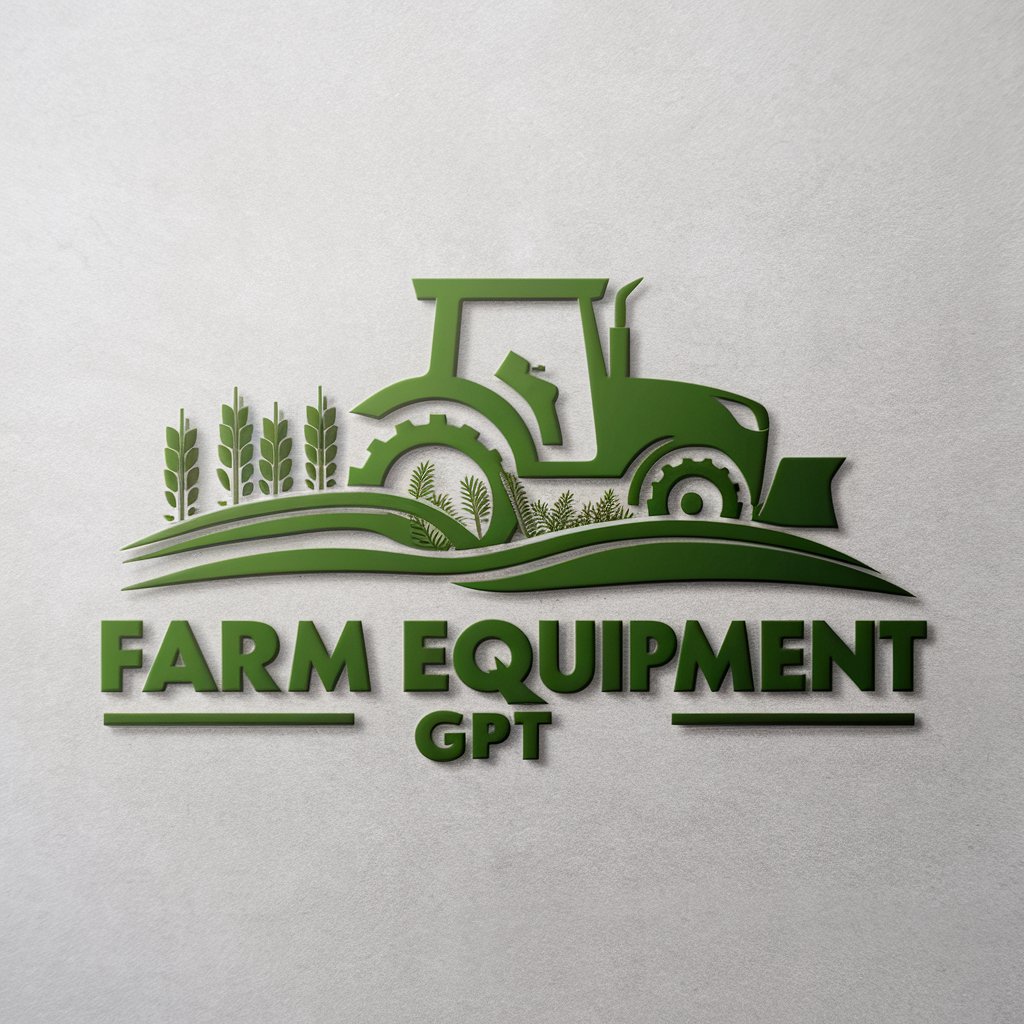
Flooring Tools
Empowering Your Flooring Projects with AI
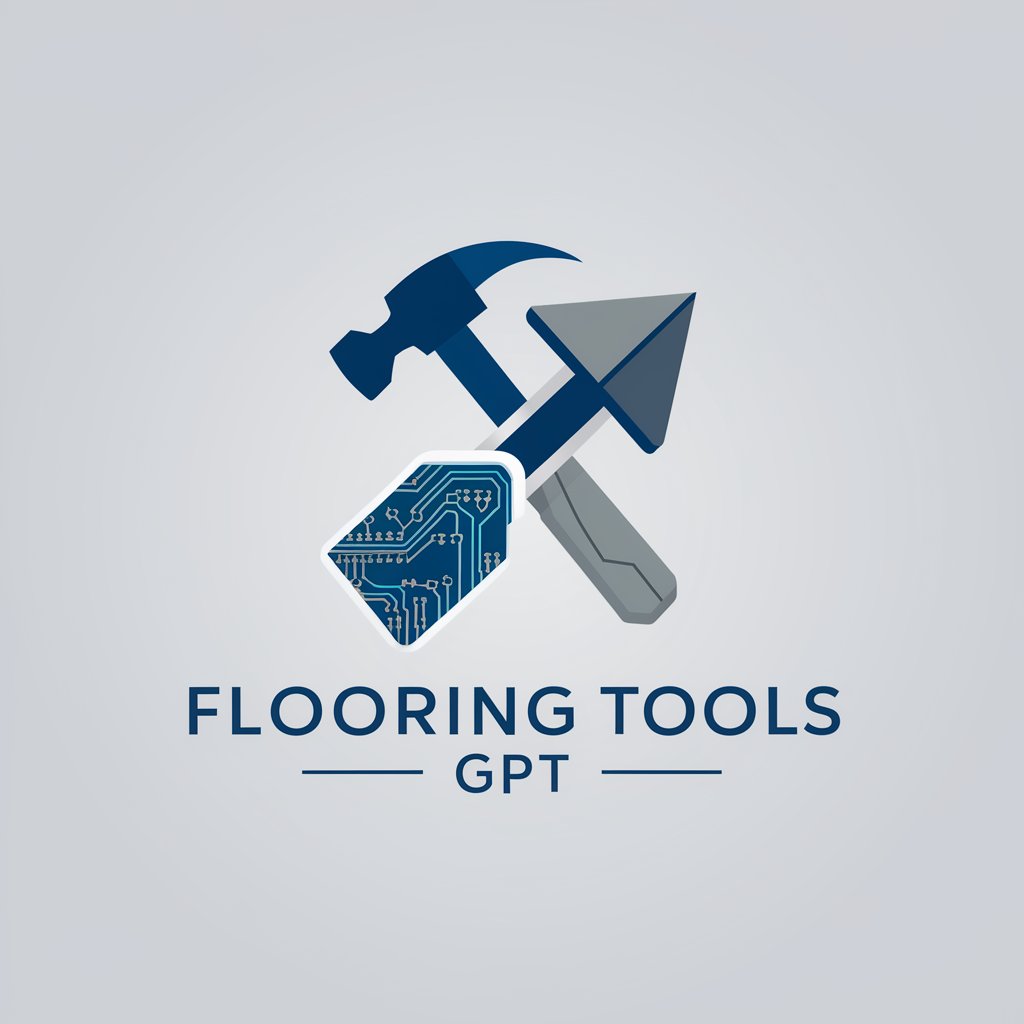
Meditation Tools
Empower your inner journey with AI

AI Tool
Unleashing Creativity with AI

Agile Mentor
Empowering Agile Journeys with AI

Equipment Rental
Smart AI for Smart Rentals
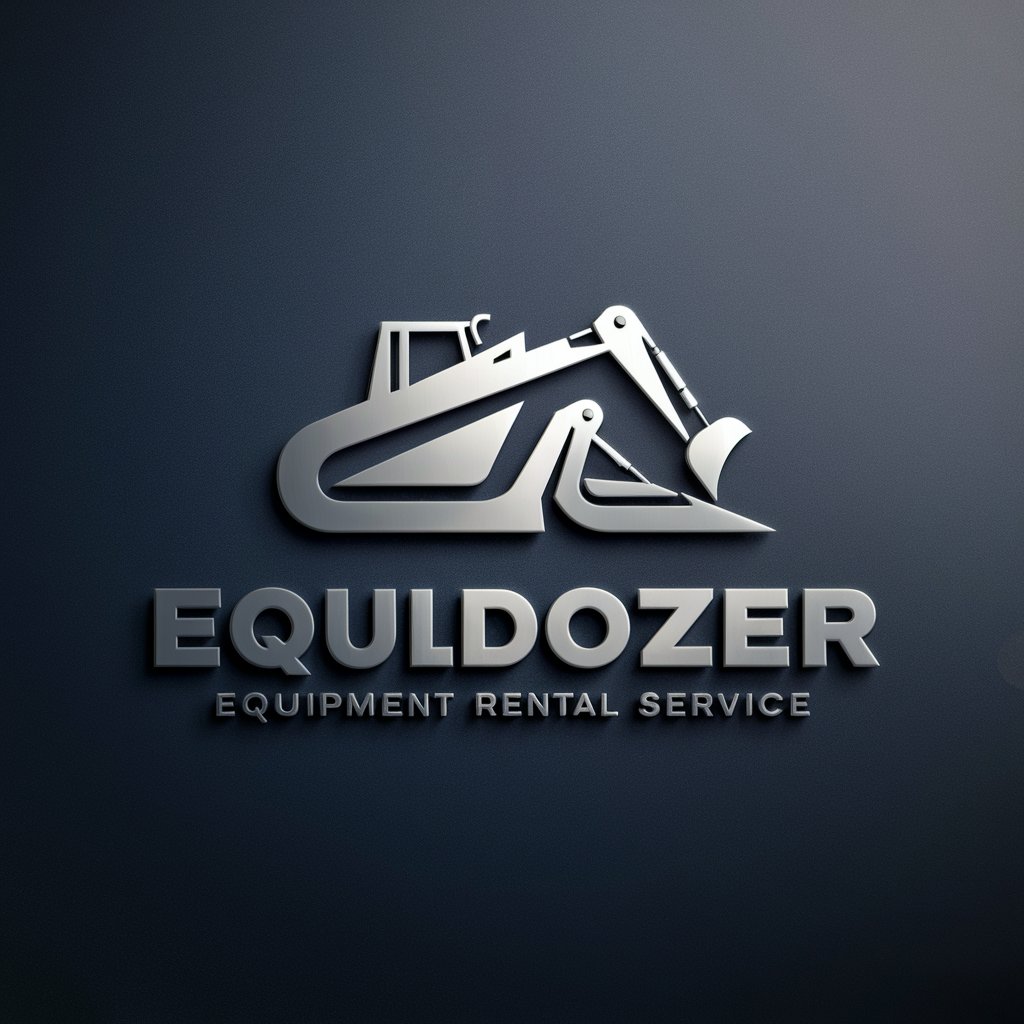
Ecom Store Optimization
Optimize Your Store, Maximize Your Sales

ContentWizard AI
Empower Your Words with AI

AI Sheikh
Empowering Islamic Inquiry with AI

boletin no oficial argentina
Unlock Argentina's Legal Archives with AI
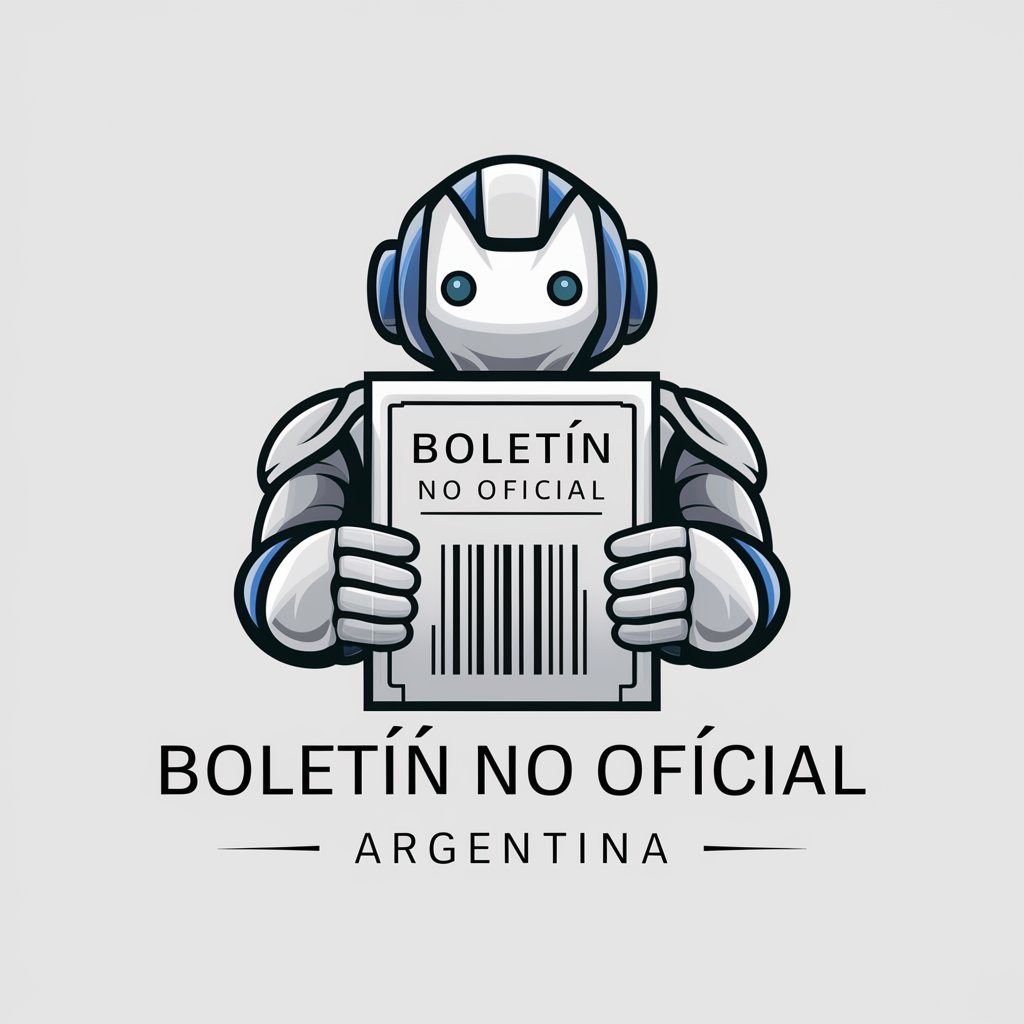
Personal Lawyer GPT
Empowering legal clarity with AI

Equipment Parts Q&A
What are Equipment Parts?
Equipment Parts refer to the various components and accessories that make up different types of machinery and devices. These can range from mechanical, electrical, to software components necessary for the operation and maintenance of equipment.
How do I find the right part for my equipment?
To find the right part, you should know the model or part number of your equipment. Utilize search tools available on equipment parts platforms, and consult manuals or professional advice if necessary.
Can I get advice on installing a new component?
Yes, you can find detailed guides and videos on equipment parts platforms. These resources provide step-by-step instructions on installing various components, ensuring you can perform the task accurately and safely.
Are there tips for maintaining equipment parts?
Regular maintenance tips include cleaning parts, checking for wear and tear, timely replacement of faulty components, and following the manufacturer’s maintenance schedule to ensure longevity and optimal performance.
How do I troubleshoot equipment part failures?
Troubleshooting involves identifying symptoms, consulting the equipment's manual, using diagnostic tools if available, and seeking expert advice. Understanding common issues and solutions for your specific equipment type is also beneficial.
